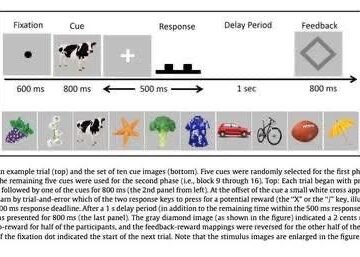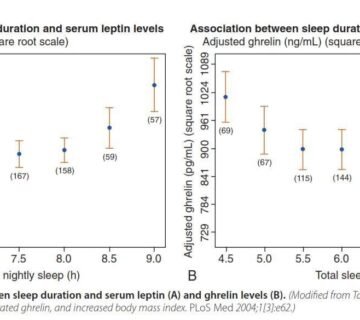Psychiatry – Schizophrenia
Thank you, Tom Cruise…
“Thank you, Tom Cruise, for your expert advice on mental health. Poor Ellie died at the hands of her schizophrenic son after she followed your advice to treat him with vitamins instead of proper psychiatric care.”
This was an actual advertisement published in the Los Angeles Weekly in March 2006. For those who don’t know the story behind this ad:
The brilliant actor Tom Cruise is known as one of the most vocal opponents of psychiatry. He has repeatedly stated that it is an imprecise and unfounded field of science, with no solid proof or standards. He proudly encourages people to abandon psychiatric medication in favor of vitamins. That was exactly the “brilliant” advice he gave to poor Ellie — to give her schizophrenic son vitamins instead of the psychiatric medication that could have helped him — until his condition worsened so severely that he ended up killing her.
In light of this — and the frequent waves of attack that psychiatry is exposed to — the latest being a Facebook episode that discussed the idea that psychiatry is not a real science, and claimed that anyone could trick a psychiatrist with fake symptoms and they wouldn’t know because the field lacks scientific foundations (although the production team later issued an apology and clarified that this wasn’t their intent — which is a respectable move on their part)…
Let’s set things straight:
Psychiatry is like any other branch of medicine.
- The causes of many mental illnesses may be unknown — just like in other fields of medicine.
- Symptoms can vary or change in presentation — again, just like other branches of medicine.
- And because of this variability, psychiatry requires the expert opinion of a qualified psychiatrist — just like cardiology needs a cardiologist, or neurology needs a neurologist.
- There are chronic and long-term psychiatric conditions — just like in other areas of medicine.
- Psychiatric medications can have serious side effects — just like many other medications in general medicine.
- Which is exactly why the diagnosis and treatment must be handled by a trained doctor — as with any other branch of medicine.
- The difference is that tests and imaging aren’t conclusive in psychiatry — they are only supportive tools for the psychiatrist — again, just like some tools used in other specialties.
A mental illness has symptoms, signs, complications, and treatments — just like any other medical condition.
And if a psychiatric patient lies to the doctor or presents fake symptoms that don’t match their actual condition, the psychiatrist might misdiagnose — exactly as would happen in any other medical specialty.
But you know what the best part is?
In psychiatry, the recovery and healing rates for many disorders are often higher than in other medical fields.




